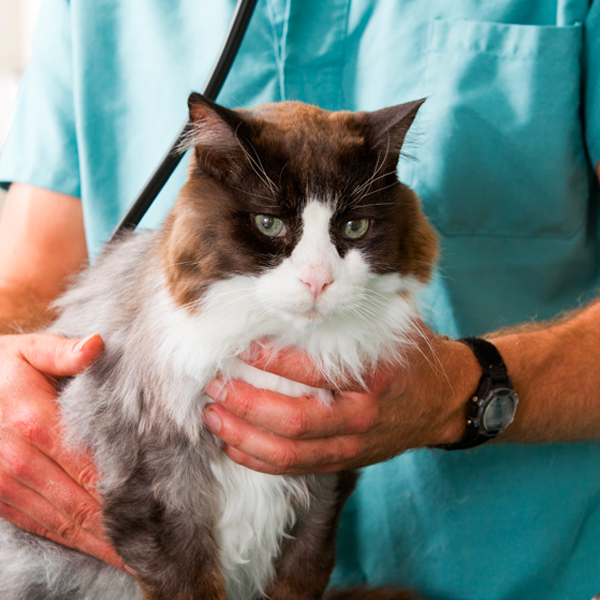
Antimicrobial resistance is an ongoing threat to public health in Canada and around the world.
It happens when microbes (like bacteria, viruses, fungi and parasites) adapt and make antimicrobial drugs less effective, or not effective at all. This means the drugs can't stop or slow down microbial growth to properly treat infections.
Antimicrobial drugs are sometimes overused and misused in human medicine, animal medicine, the agri-food industry and even cleaning products.
People and animals can be exposed to these resistant antimicrobials and microbes unintentionally, for example when they enter the air, water, soil or living organisms. This is also called environment contamination.
A global concern
Every year, the international community comes together to mark World Antimicrobial Awareness Week. The 2022 theme is Preventing antimicrobial resistance together.
The Canadian Food Inspection Agency (CFIA) contributes to the Government of Canada's Tackling Antimicrobial Resistance and Antimicrobial Use: A Pan-Canadian Framework for Action, which outlines how federal departments and agencies are making progress when it comes to surveillance, stewardship, infection prevention, and control and innovation.
What can you do?
While scientists, policy makers and industry are making progress towards reducing the burden of antimicrobial resistance, everyone has a role to play.
Staying informed and taking small actions on a daily basis can reduce the risks—and the need for antimicrobials in the first place.
If you care for animals or have pets at home, here are tips for joining the global fight against antimicrobial resistance.
Tip 1: Keep a watchful eye
Regularly keep an eye on how animals look and behave to help protect their health.
- If you notice any cuts or scrapes, look for signs of infection and changes in behaviour. Your vigilance can prevent the infection or illness from getting worse.
- If you notice any signs of disease, consult with a veterinarian as soon as possible.
Tip 2: Practice good biosecurity
Whether you look after a pet or a whole farm, practicing good biosecurity (like handwashing and avoiding exposure to wild animals) reduces the risk of illness and infection.
- If you're a farm operator, consult the CFIA's guidance on animal biosecurity.
- If you're a pet owner, wash your hands for 20 seconds with soap and water immediately before and after handling your pet's food. Limit exposure to wild animals and clean litterboxes and rest areas properly.
Tip 3: Vaccinate when possible
Vaccines help provide immunity against a disease. Vaccination reduces the chance that an animal becomes ill and the likelihood that it will require antimicrobials in the future.
- Animals diagnosed with preventable diseases can become very ill, which could lead to a decrease in quality of life and even death.
- Ensure your animals' vaccinations are up to date.
- Ask your veterinarian about flea, tick, and intestinal parasite-preventive medications.
Tip 4: Consult a veterinarian
Regular visits with a veterinarian make it less likely that your animal will need to be treated with antimicrobials in the future.
- Consult a veterinarian before treating your animal for any injury or illness.
- When it comes to medications, use as directed, properly dispose of any unused amounts and do not reuse.
By using the tips above, you can help preserve the effectiveness of treatment options for animals (and people) when they're most needed.
Learn more
- How CFIA is contributing to the responsible use of medically important antimicrobials in animals
- Federal Action Plan on Antimicrobial Resistance and Use in Canada: Building on the Federal Framework for Action (Health Canada)
- Antibiotic (antimicrobial) resistance: Protecting yourself and your family (Canada.ca)
Get more Inspect and Protect
- Want to learn more about what we do? Explore articles, videos and podcasts.
- Interested in reporting on a story? Contact CFIA Media Relations to arrange an interview with one of our experts.
- Have an idea or feedback to share? Get in touch!